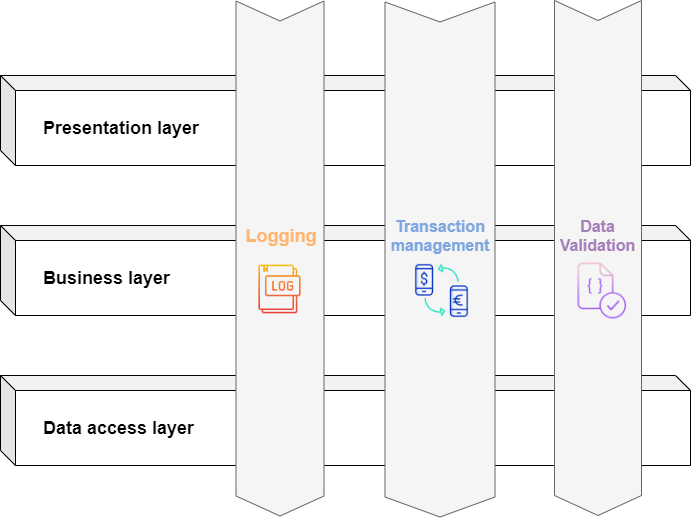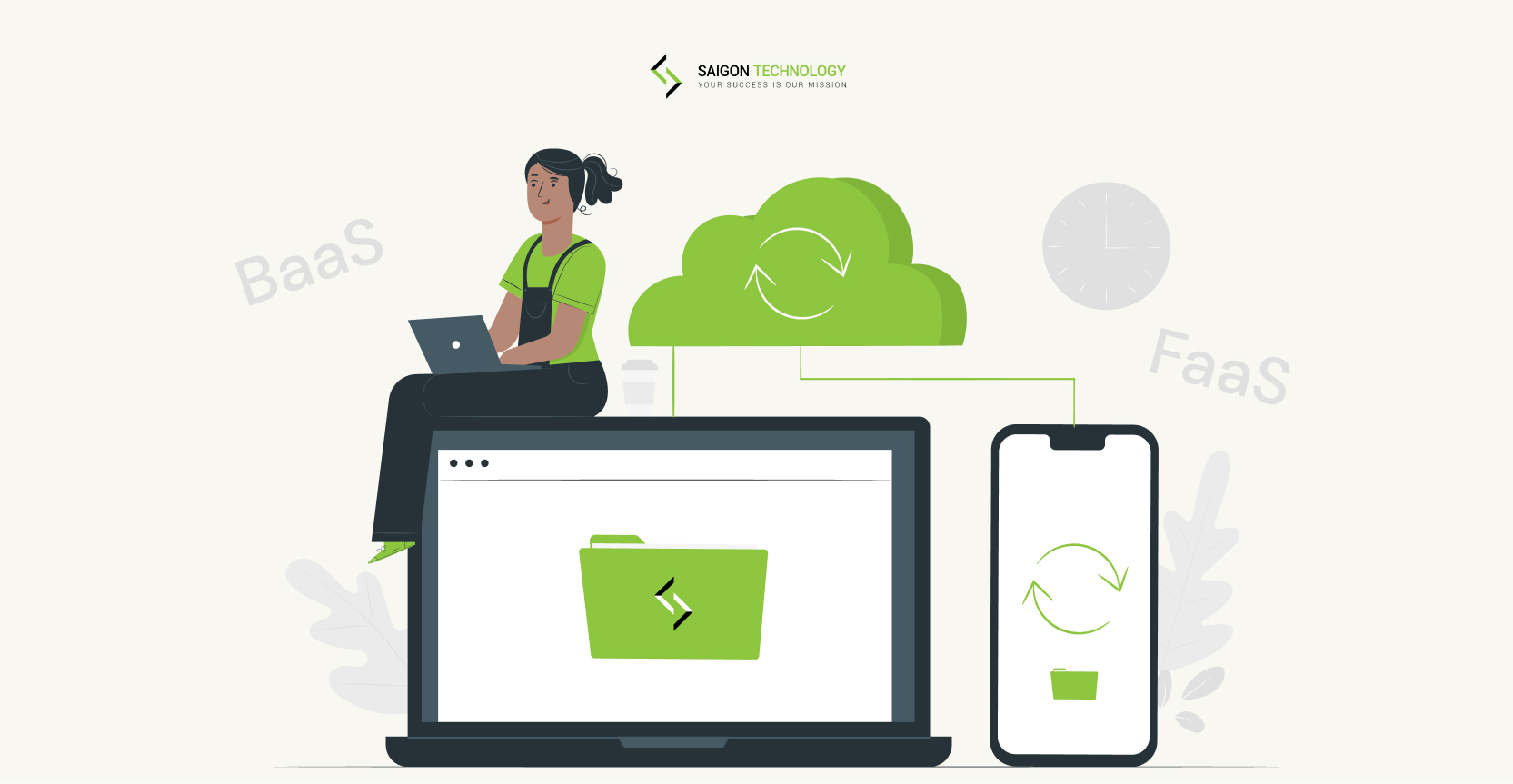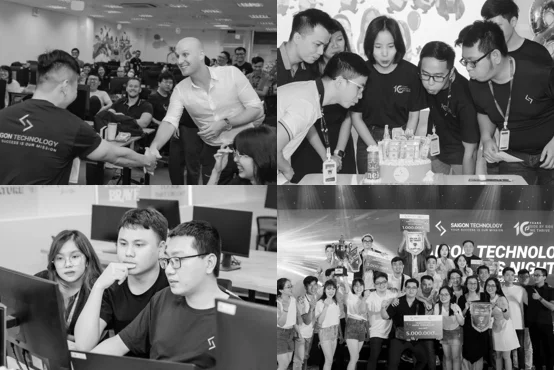Understanding ERC20 Tokens: The Backbone of Tokenized Economies


The Backbone of Tokenized Economies" on Saigon Technology's website provides an in-depth exploration of ERC20 tokens, a fundamental aspect of the Ethereum blockchain. For a detailed understanding, you can read the full article.
I. What is ERC20?
ERC20 stands for Ethereum Request for Comment 20, and it is a widely adopted standard for creating and interacting with tokens on the Ethereum blockchain. Introduced by Fabian Vogelsteller and Vitalik Buterin in 2015, ERC20 defines a set of rules and functions that tokens must follow to ensure compatibility with Ethereum's ecosystem. These standards provide a blueprint for developers, allowing them to create tokens that can be seamlessly integrated with various wallets, exchanges, and decentralized applications (DApps).
In this post, we will only cover the Ethereum network and eliminate the other chain, which is a hard fork of the Go Ethereum (Geth) protocol.
II. Features of ERC20 Tokens
The contract structure of ERC20 includes six mandatory functions:
- totalSupply
- balanceOf
- transfer
- transferFrom
- approve
- allowance.
Additionally, there are optional functions such as name, symbol, and decimal.
Deposit:
ERC20 tokens are created by depositing a certain amount of Ethereum (ETH) into a smart contract. The smart contract then mints the equivalent number of ERC20 tokens, which can be traded, transferred, or stored within the Ethereum network.
Transfer:
One of the core features of ERC20 tokens is the ability to transfer them between Ethereum addresses. By calling the token's transfer function, users can send ERC20 tokens to other wallet addresses, facilitating peer-to-peer transactions.
Divisibility:
ERC20 tokens can be divided into smaller units, allowing for fractional ownership. This feature enables greater flexibility in the representation of value and promotes liquidity within the token ecosystem.
Standardized Interface:
ERC20 tokens adhere to a set of standardized functions, including totalSupply, balanceOf, transfer, and transferFrom. This uniformity ensures compatibility and enables seamless integration with wallets, exchanges, and other decentralized applications (DApps).
Token Approval:
ERC20 tokens employ an approval mechanism that enables users to grant permission for a specific address to spend their tokens on their behalf. This functionality is often utilized in decentralized exchanges and lending protocols to facilitate token trading and lending.
Token Burning:
ERC20 tokens can be burned, meaning they can be permanently removed from circulation. Token burning is typically done to reduce the total supply of tokens, increase scarcity, or improve the value proposition for token holders.
All of the rules listed above is syntheticed in the openzeppelin library (https://docs.openzeppelin.com/contracts/4.x/erc20). Developers can inherit and create custom functionalities.
III. The Distinction of ERC-20 Tokens
Among the myriad of digital assets available, ERC-20 tokens have gained significant popularity due to their versatility and compatibility. Now, we will explore the distinct features of ERC-20 tokens, including wallet addresses, transaction fees, transaction times, and the high level of security they provide.
Wallet Address:
ERC-20 tokens, built on the Ethereum blockchain, utilize Ethereum addresses as their wallet addresses. These addresses consist of a unique combination of characters and digits, serving as the identifier for a specific wallet. These addresses enable users to send, receive, and store ERC-20 tokens securely. By using these addresses, individuals can easily interact with various decentralized applications (dApps) and exchanges that support ERC-20 tokens.
Example of wallet address of ERC20 token: 0xC18360217D8F7Ab5e7c516566761Ea12Ce7F9D72
Transaction Fee:
Transaction fees play a vital role in the functionality of ERC-20 tokens. Similar to other cryptocurrencies, ERC-20 tokens require a small fee, known as "gas" to process transactions on the Ethereum network. Gas fees ensure that the network remains secure and incentivize miners to validate transactions. The fee amount is determined based on the complexity of the transaction and the current network congestion. While gas fees can vary, they generally remain relatively low for ERC-20 tokens, making them cost-effective for users.
Transaction Time:
The transaction time of ERC-20 tokens is dependent on the Ethereum blockchain's network congestion and the gas price offered by the user. During periods of high network activity, transaction confirmation times may increase, causing delays. However, Ethereum has been working on scaling solutions such as Ethereum 2.0, which aims to enhance the network's speed and scalability. While instantaneous transactions cannot be guaranteed, ERC-20 tokens generally offer reasonable transaction times, particularly for everyday use cases.
High Security:
The Ethereum blockchain, on which ERC-20 tokens are based, boasts a high level of security. It utilizes advanced cryptographic techniques and consensus mechanisms like proof-of-work (PoW) and proof-of-stake (PoS). This robust security framework ensures that transactions and token holdings are protected from unauthorized access, fraud, and tampering. Additionally, ERC-20 tokens benefit from the security features provided by smart contracts, which enable programmable functionality and enforce predefined rules for token transfers.
Furthermore, ERC-20 tokens adhere to established token standards, ensuring interoperability and compatibility across various wallets, exchanges, and dApps. This standardization enhances security as it reduces the risk of vulnerabilities and simplifies token integration for developers.
IV. Stablecoins vs. Altcoins
Stablecoins and altcoins are two distinct categories of cryptocurrencies, each with its own unique characteristics.
Stablecoins:
Stablecoins are a type of cryptocurrency designed to minimize price volatility by pegging their value to a stable asset or a reserve of assets. These assets can include fiat currencies like the U.S. dollar (USD) or commodities such as gold. Stablecoins provide stability and serve as a reliable medium of exchange, making them suitable for various use cases, including remittances, e-commerce, and hedging against crypto market volatility.
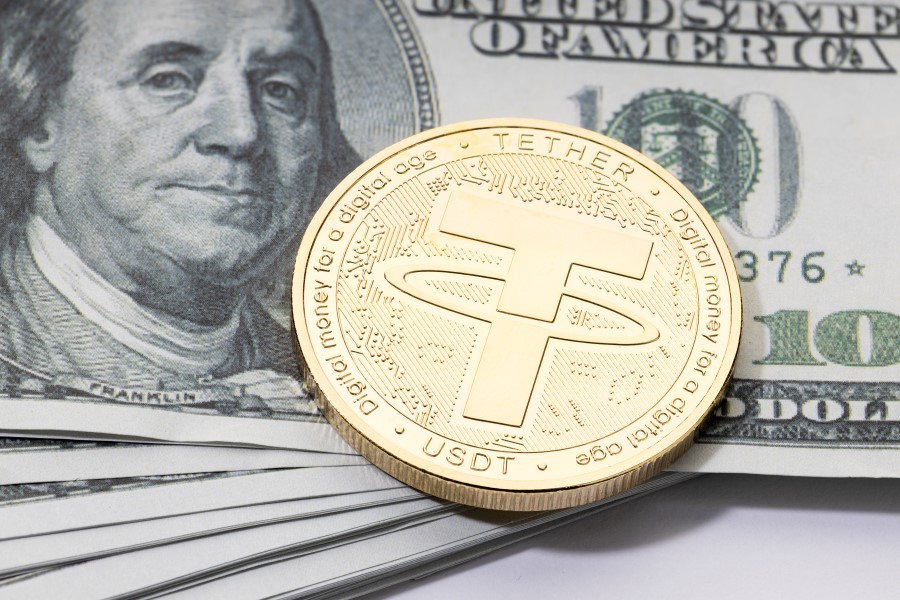
Altcoins:
Altcoins, short for alternative coins, refer to cryptocurrencies other than Bitcoin (BTC). Altcoins encompass a vast array of digital assets, including Ethereum (ETH), Litecoin (LTC), Ripple (XRP), and many others. Unlike stablecoins, altcoins can exhibit significant price volatility and serve various purposes, such as utility tokens within specific ecosystems, tokens facilitating decentralized governance, or tokens supporting decentralized applications.
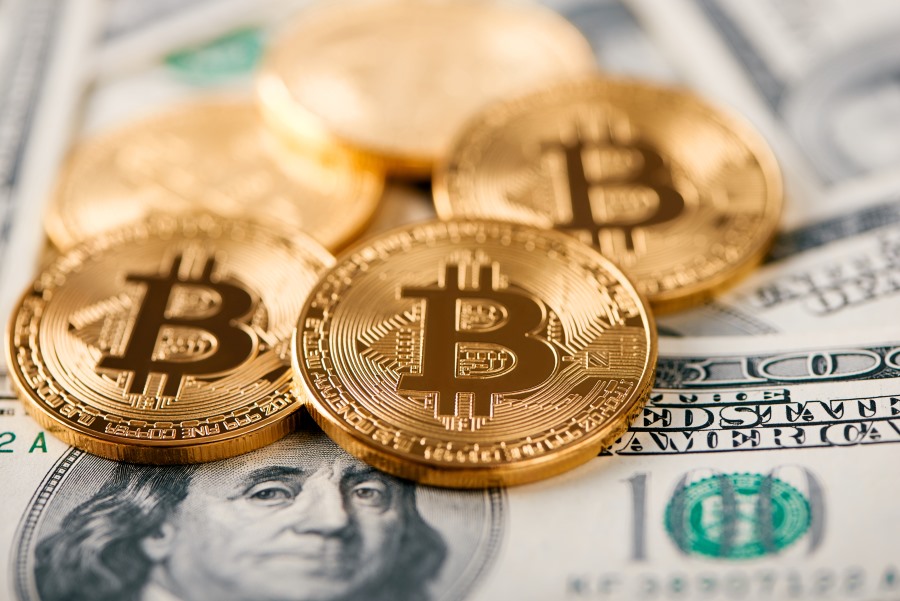
V. Why are Tokens Important?
Decentralized Finance (DeFi):
ERC20 tokens have played a pivotal role in the rise of decentralized finance. By enabling the creation of programmable money, tokens have facilitated the development of lending platforms, decentralized exchanges, liquidity pools, and yield farming protocols. Tokens provide users with access to a wide range of financial services, eliminating the need for intermediaries and reducing barriers to entry.
Crowdfunding and Initial Coin Offerings (ICOs):
ERC20 tokens have revolutionized the fundraising landscape by introducing the concept of Initial Coin Offerings. Startups and projects can now tokenize their assets or ideas and issue tokens to investors in exchange for funds. This democratizes the investment process, allowing individuals from all over the world to participate in early-stage opportunities and share in the project's success.
Tokenization of Assets:
ERC20 tokens enable the representation of real-world assets, such as real estate, artwork, or commodities, on the blockchain. Tokenizing assets provides increased liquidity, fractional ownership, and programmable functionality. Through tokenization, individuals can access investments that were once exclusive to institutional players, thereby democratizing asset ownership.
Interoperability:
ERC20 tokens adhere to a standard interface, ensuring compatibility and interoperability across different wallets, exchanges, and smart contracts. This standardized format streamlines token integration and facilitates the creation of diverse ecosystems, fostering innovation and the development of new applications.
Smart Contract Functionality:
ERC20 tokens are programmable assets, allowing developers to implement complex logic and functionality through smart contracts. This programmability opens up a world of possibilities, enabling tokens to represent memberships, voting rights, rewards, or even govern decentralized autonomous organizations (DAOs). Such flexibility empowers developers and token holders to shape the token's behavior according to their specific needs.

VI. Conclusion
ERC20 tokens have become the backbone of tokenized economies, transforming the way we interact with digital assets, financial systems, and real-world assets. By adhering to a standardized set of rules and functions, ERC20 tokens ensure compatibility and interoperability, enabling seamless integration within the Ethereum ecosystem. Whether it's powering decentralized finance, revolutionizing crowdfunding, or tokenizing assets, ERC20 tokens have unleashed a wave of innovation, democratization, and financial inclusion. As the digital landscape continues to evolve, the importance of ERC20 tokens in shaping the future of decentralized economies cannot be overstated.
In the next article, we will go through the advantages, disadvantages of ERC20 tokens, as well as how to implement them using Solidity and create an ERC20 wallet. Keep staying tuned.
Contact our experts to receive advice on developing modern applications.





